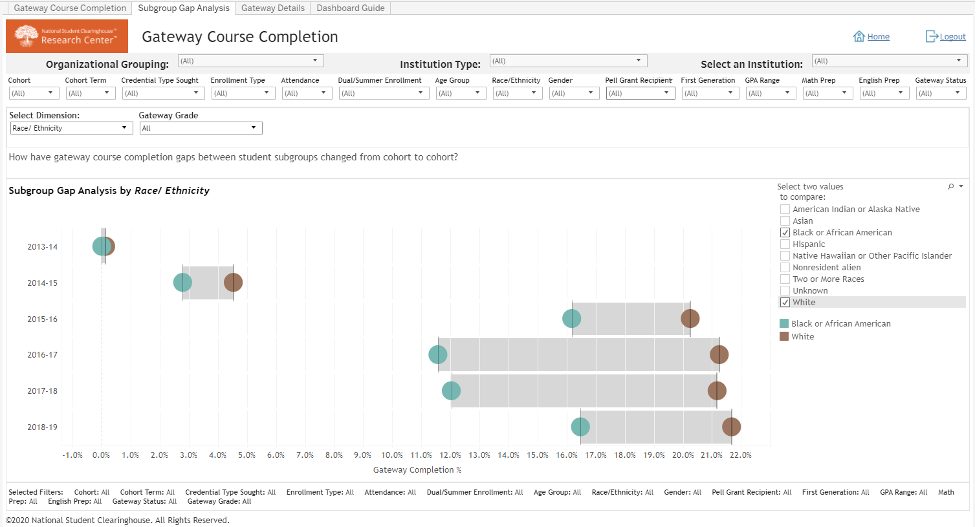Located in Washington, D.C.
Position Description:
The State Higher Education Executive Officers Association (SHEEO) seeks to fill the position of vice president of academic affairs and equity initiatives. The vice president of academic affairs and equity initiatives will report to the senior vice president and chief of staff and lead policy and project development in educational equity, academic programs, and student success. The ideal candidate will have leadership experience in academic affairs; experience at a SHEEO agency or system office; and/or experience in advancing diversity, equity, and inclusion initiatives.
SHEEO serves the chief executives of statewide governing, policy, and coordinating boards of postsecondary education and their staffs. Founded in 1954, SHEEO promotes an environment that values higher education and its role in ensuring the equitable education of all Americans, regardless of race/ethnicity, gender, socioeconomic background, or any other aspect of identity. Together with its members, SHEEO aims to achieve this vision by equipping state higher education executive officers and their staffs with the tools to effectively advance the value of higher education, promoting public policies and academic practices that enable all Americans to achieve success in the 21st century, and serving as an advocate for state higher education leadership. For more information, visit www.sheeo.org.
Key Responsibilities:
SHEEO is seeking diverse applicants who are qualified to:
- Develop and oversee initiatives related to academic affairs, including academic readiness, student success, academic program approval and review, academic and institutional quality, transfer, pathways, and credentials of value.
- Develop and oversee initiatives related to diversity, equity, and inclusion.
- Identify and promote best policies and practices related to closing equity gaps and supporting communities of color and other communities traditionally underserved in higher education.
- Coordinate networks of SHEEO agency diversity, equity, and inclusion leaders and chief academic officers.
- Facilitate the work of SHEEO’s Equity Advisory Committee.
- Collaborate with other SHEEO staff to explore and develop the equity implications of academic affairs, data, research, and finance projects.
- Collaborate with partner organizations on academic affairs and equity initiatives.
- Provide technical assistance and professional development to state-level academic affairs and equity staff.
- Work with other members of the SHEEO leadership team to promote equitable policies and practices within the SHEEO organization and provide professional development for SHEEO organization staff.
- Contribute to agenda development for SHEEO’s national meetings.
- Serve on a variety of leadership groups and teams within SHEEO.
- Conduct or direct research and policy analysis on student success and diversity, equity, and inclusion initiatives in higher education.
- Manage a portfolio of grant-funded projects, develop relationships with funders, and seek diversified funding sources.
- Represent SHEEO at state, regional, and national meetings and conferences.
- Provide supervision or direction to other SHEEO staff.
- Other duties as assigned.
Required Experience and Qualifications:
- A master’s degree in a relevant field.
- At least seven years of progressively responsible leadership experience in one or more of the following or equivalent:
- A position at a state-level higher education system or higher education coordinating board.
- A position in a national or regional organization focused on higher education policy.
- A senior administrative position at a higher education institution.
- A faculty appointment at an accredited postsecondary institution.
- Knowledge of or experience with SHEEO agencies and state-level academic affairs issues and leadership.
- A demonstrated commitment to anti-racism and closing equity gaps in higher education.
- Knowledge of state higher education policy and issues.
- Significant education and experience in the area of diversity, equity, and inclusion leadership.
- Ability to design, execute, and evaluate projects related to promoting access to postsecondary education, improving student success, and increasing equitable attainment at the state level.
- Demonstrated ability to obtain outside funding.
- Skill in project management.
- Skill in mentoring and developing staff.
Preferred Qualifications:
- An earned doctoral degree.
- Experience working with higher education associations or foundations.
- Experience developing or providing professional development or technical assistance resources.
- Experience teaching at the postsecondary level.
- Experience working with board members or policymakers.
- Fluency in workforce education and training trends.
- Record of publication or research in state higher education policy, public policy, social science, or issues related to systemic racism in education.
Working Conditions: This position is located in Washington, D.C. Periodic travel to SHEEO’s office in Boulder, CO, and other national travel will be required.
Salary: Salary will be commensurate with successful candidate’s experience and demonstrated skill level. SHEEO provides excellent staff benefits.
Application Process:
Please apply by email to sheeo@sheeo.org and include the following:
- Letter describing how you meet the requirements of the position, addressed to Dr. Christina Whitfield, SHEEO, 1233 20th Street NW, Suite 360, Washington, D.C. 20009.
- Resume or curriculum vitae.
- Names and contact information of three professional references. (References will not be contacted until you have given permission for us to do so.)
Applications will be accepted until the position is filled; however, priority will be given to those applications received by April 9, 2021. SHEEO is committed to providing equal employment opportunities and believes that recruiting and developing a diverse and inclusive staff is vital to the organization’s success.


